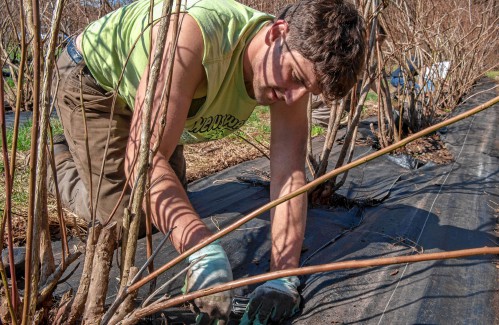
Regional farming alliance strengthens educational, networking opportunities for apprentices
In 1994, a new movement began to grow out of the Pioneer Valley, Berkshires and Hudson Valley, as a group of organic farmers banded together to form a cooperative educational program for farm apprentices.That year marked the birth of the Collaborative...

Nicole Gough seeks seat on Phillipston Selectboard
PHILLIPSTON – After living in town for two decades, Nicole Gough has decided it’s time to make her first foray into local politics.Gough is running to fill the one year remaining on the term of former Selectboard member Dan Sanden, who resigned...
Most Read
 Orange man gets 12 to 14 years for child rape
Orange man gets 12 to 14 years for child rape
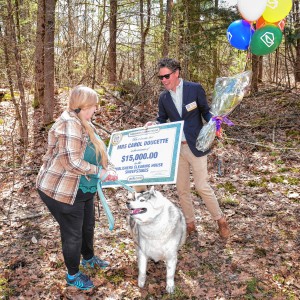 Carol Doucette of Royalston receives $15,000 from Publishers Clearing House
Carol Doucette of Royalston receives $15,000 from Publishers Clearing House
 Wheeler Mansion in Orange to reopen as bed and breakfast
Wheeler Mansion in Orange to reopen as bed and breakfast
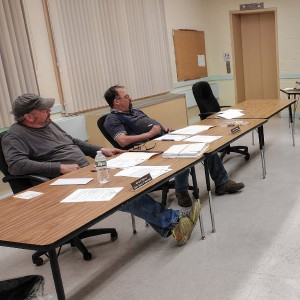 Phillipston board opens talks on new police chief
Phillipston board opens talks on new police chief
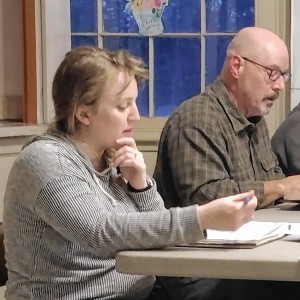 Royalston Selectboard mulls options for full-time police
Royalston Selectboard mulls options for full-time police
Editors Picks
 Sportsman’s Corner: Turkey time
Sportsman’s Corner: Turkey time
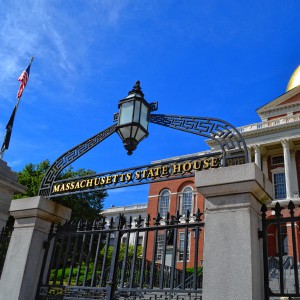 Equity, income concerns flagged in free college debate
Equity, income concerns flagged in free college debate
 New fed rules may force Mass. action on PFAS
New fed rules may force Mass. action on PFAS
 Historical society presents history of Nichewaug
Historical society presents history of Nichewaug
Sports

High schools: South Hadley softball holds off Frontier rally for 5-4 victory (PHOTOS)
A day after completing a comeback victory over Greenfield, the Frontier softball team looked like it had another rally in the works on Friday against South Hadley.The Tigers held a 1-0 lead going into the sixth inning when the Redhawks rallied,...
Opinion
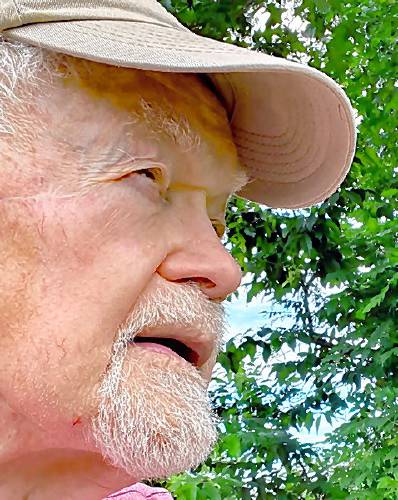
Connecting the Dots: In what world do you want to live?
I find myself acutely aware of living in three worlds right now. The biggest one is the Universe that is large beyond my comprehension. My awareness was sharpened by watching the eclipse with my sister from two camp chairs in my driveway. Watching the...
 Jessica Zhang: Weigh your choices — Solar power a better alternative
Jessica Zhang: Weigh your choices — Solar power a better alternative
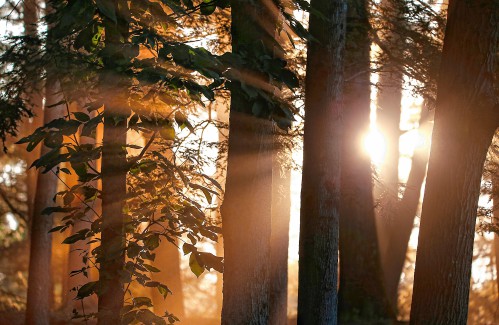 My Turn: Saving planet Greenfield
My Turn: Saving planet Greenfield
 Gary Seldon: Solar Roller Earth Day River Ride
Gary Seldon: Solar Roller Earth Day River Ride

Police Logs
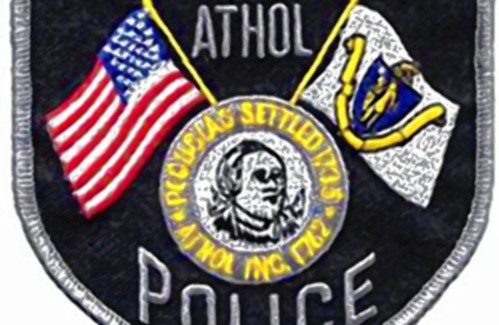
Athol Police Logs: March 12 to March 19
ATHOL POLICE LOGSTuesday, March 126:45 p.m. - Male party into the lobby regarding a shop vac he lent to someone and they are refusing to give it back. Party was advised of his options. Attempted to contact involved party, negative contact, a voicemail...
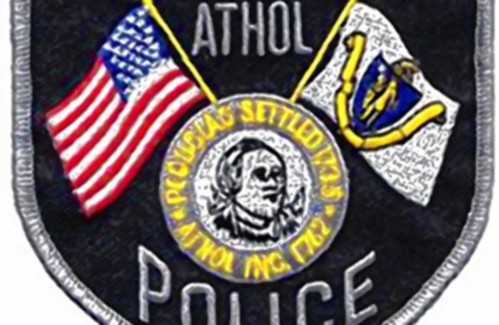 Athol Police Logs: Feb 19 to Feb. 27
Athol Police Logs: Feb 19 to Feb. 27
 Athol Police Log Feb. 4-18
Athol Police Log Feb. 4-18
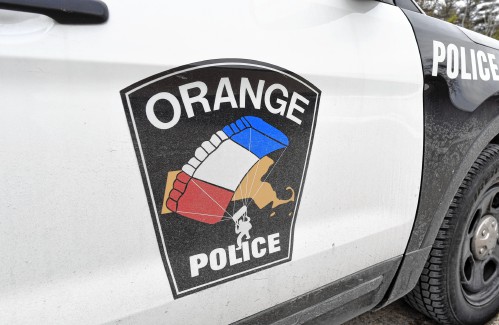 Orange Police Log 12/1-13
Orange Police Log 12/1-13
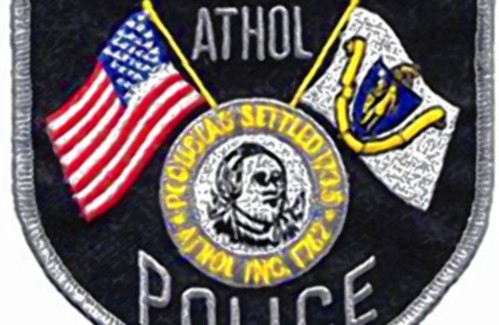 Athol Police Log 11/8-26
Athol Police Log 11/8-26
Arts & Life

Hitting the ceramic circuit: Asparagus Valley Pottery Trail turns 20 years old, April 27-28
A lot can change in 20 years: Presidents and other politicians come and go, new cultural fads and technologies emerge, clothing styles morph, and music and movies take on different dimensions.In these parts, one tradition hasn’t changed. Since 2005,...
Obituaries
 Nancy C. Skowrowski
Nancy C. Skowrowski
Nancy C Skowronski Royalston, MA - Nancy C Skowronski, born in Worcester, MA on January 1, 1943, lived a captivating life, filled with vibrant memories and impactful experiences that created... remainder of obit for Nancy C. Skowrowski
 Robert E. Thayer
Robert E. Thayer
Robert E. "Bob" Thayer Athol, MA - ATHOL - Robert E. "Bob" Thayer, 90 of Athol passed away Sunday, April 14, 2023, in the Athol Hospital. He was born on July 13, 1933, the son of Robert H. ... remainder of obit for Robert E. Thayer
 Chris N. Boyle
Chris N. Boyle
8/5/1956 - 4/11/2024 ORANGE, MA - Chris Boyle, beloved father and husband, passed away on April 11, 2024 at home. Chris led a life of unwavering dedication to his family, a steadfast co... remainder of obit for Chris N. Boyle
 Donn K. Clifford
Donn K. Clifford
PHILLIPSTON, MA - Donn K. Clifford, 74, of Barre Road, died on Wednesday, April 10, 2024 at Heywood Hospital in Gardner. Born in Gardner on August 15, 1949, he was the son of Robert Cliffo... remainder of obit for Donn K. Clifford

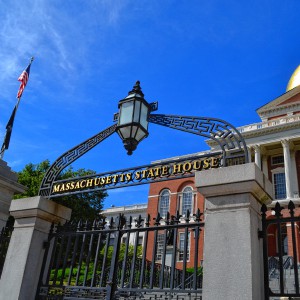 Shelter money fading, but ‘not at the end of the line’
Shelter money fading, but ‘not at the end of the line’
 With eye toward teaching firearm safety, Mahar’s Junior ROTC adding air rifles
With eye toward teaching firearm safety, Mahar’s Junior ROTC adding air rifles
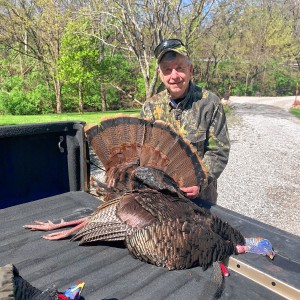 Sportsman’s Corner: Quabbin opens this Saturday
Sportsman’s Corner: Quabbin opens this Saturday
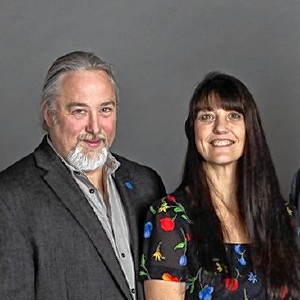 North Quabbin Notes, April 18
North Quabbin Notes, April 18
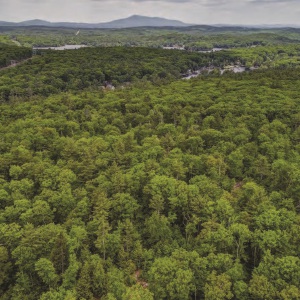 Partnership succeeds in protecting Lake Monomonac forestland
Partnership succeeds in protecting Lake Monomonac forestland
 Franklin County youth tapped to advise governor’s team
Franklin County youth tapped to advise governor’s team
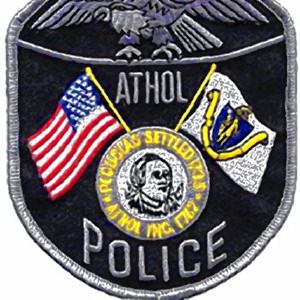 Athol Police Logs: March 27 to April 10, 2024
Athol Police Logs: March 27 to April 10, 2024
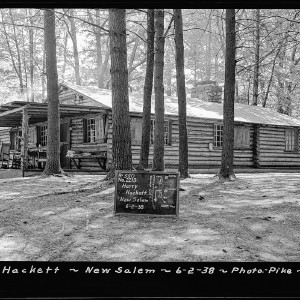 A Page from North Quabbin History: Quabbin Reservoir photo archives
A Page from North Quabbin History: Quabbin Reservoir photo archives
 Softball: Franklin Tech’s Hannah Gilbert holds Hopkins to two hits, leads Eagles to 7-1 victory (PHOTOS)
Softball: Franklin Tech’s Hannah Gilbert holds Hopkins to two hits, leads Eagles to 7-1 victory (PHOTOS) Keeping Score with Chip Ainsworth: What’s ahead for Greg Carvel’s crew?
Keeping Score with Chip Ainsworth: What’s ahead for Greg Carvel’s crew? High schools: Abigail Schreiber’s hit propels Frontier softball past Greenfield, 3-2
High schools: Abigail Schreiber’s hit propels Frontier softball past Greenfield, 3-2 Baseball: Frontier handles Greenfield 12-2 in five-inning victory (PHOTOS)
Baseball: Frontier handles Greenfield 12-2 in five-inning victory (PHOTOS) Mitch Speight and Joan Marie Jackson: City should follow constitutional ruling on property takings
Mitch Speight and Joan Marie Jackson: City should follow constitutional ruling on property takings Best Bites: A familiar feast: The Passover Seder traditions and tastes my family holds dear
Best Bites: A familiar feast: The Passover Seder traditions and tastes my family holds dear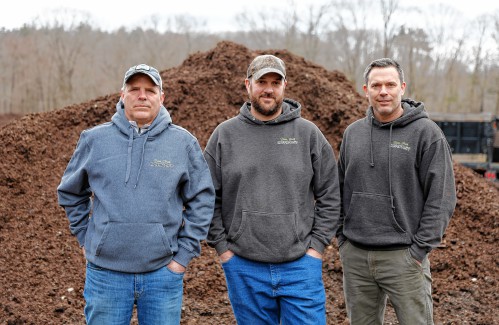 Valley Bounty: Your soil will thank you: As garden season gets underway, Whately farm provides ‘black gold’ to many
Valley Bounty: Your soil will thank you: As garden season gets underway, Whately farm provides ‘black gold’ to many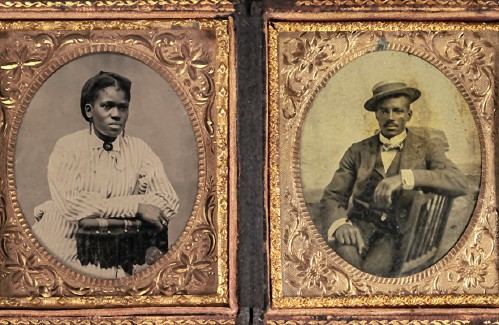 Painting a more complete picture: ‘Unnamed Figures’ highlights Black presence and absence in early American history
Painting a more complete picture: ‘Unnamed Figures’ highlights Black presence and absence in early American history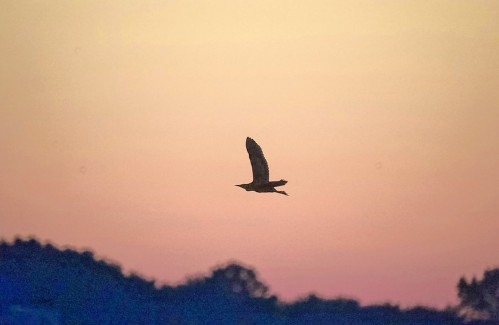 Earth Matters: From Big Sits to Birdathons: Birding competitions far and near
Earth Matters: From Big Sits to Birdathons: Birding competitions far and near